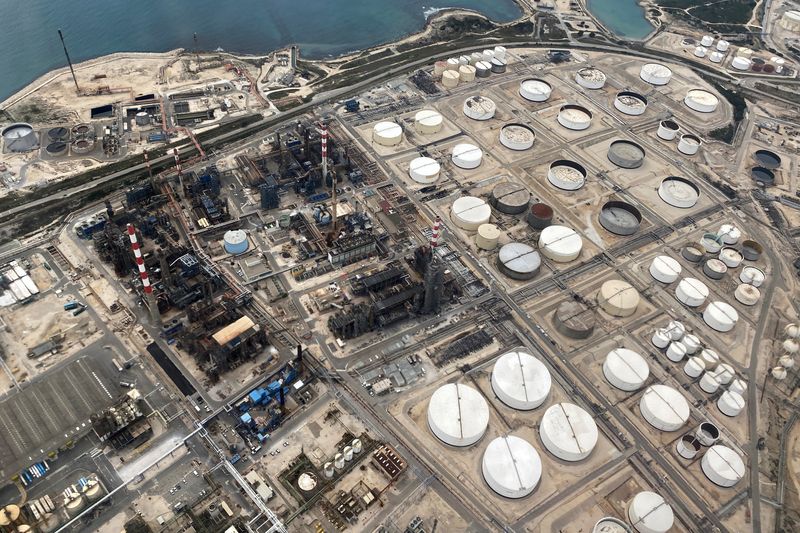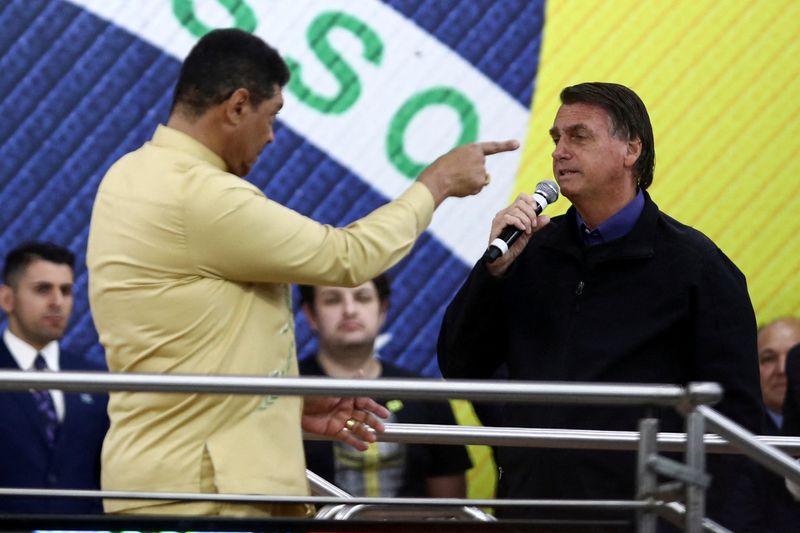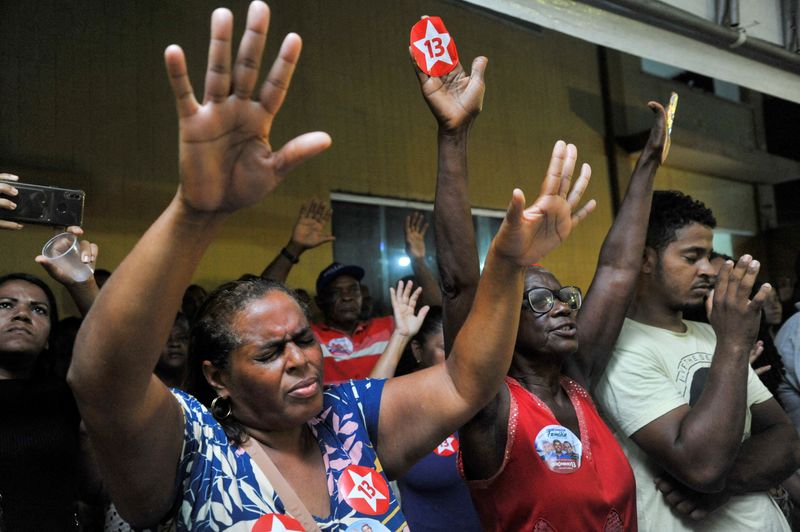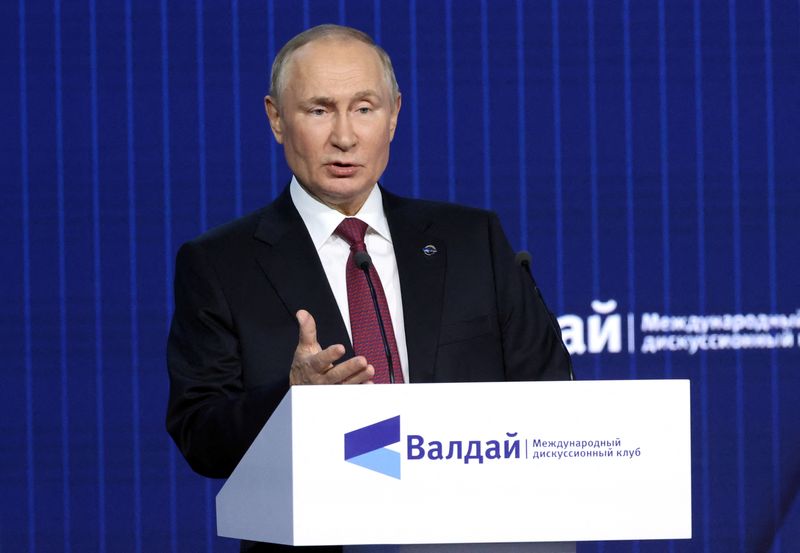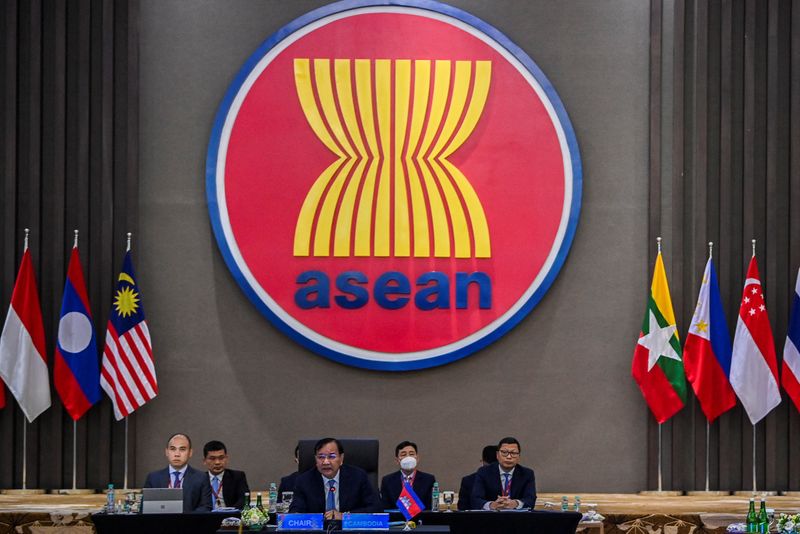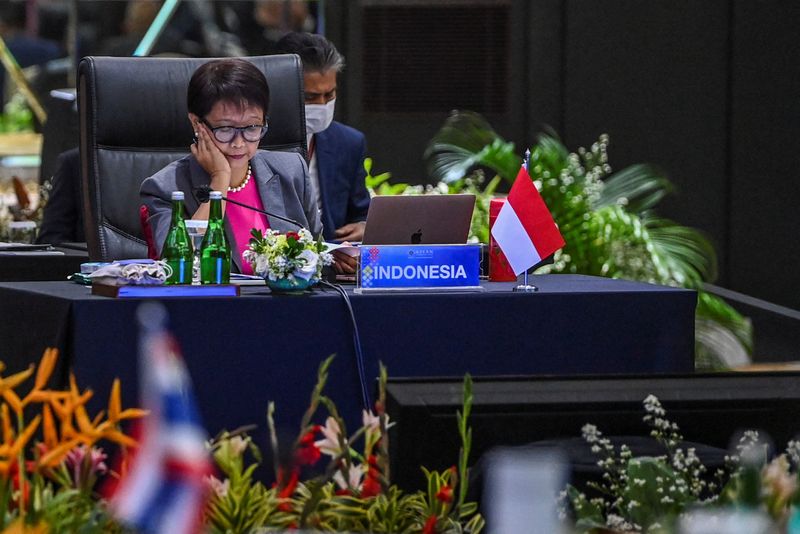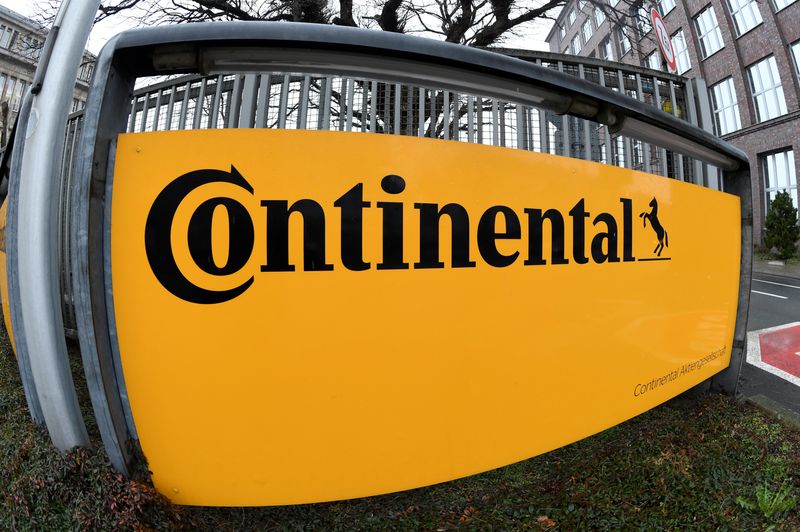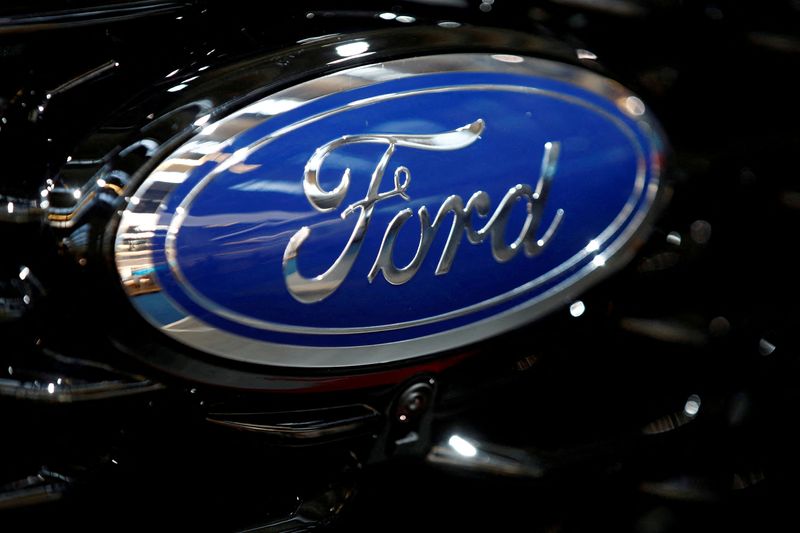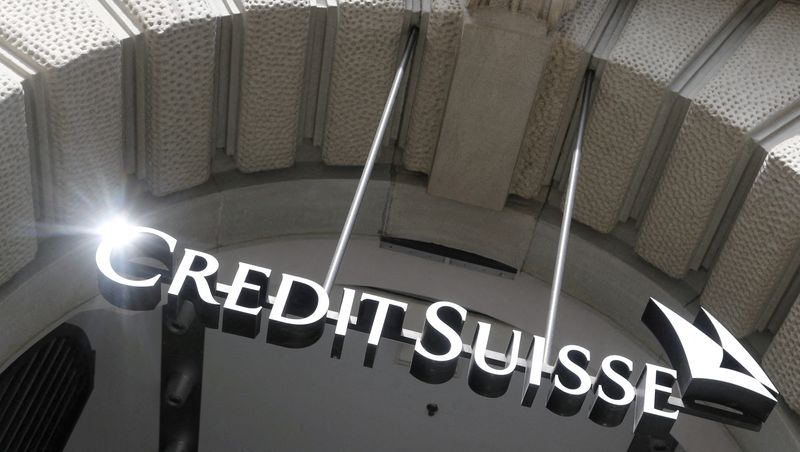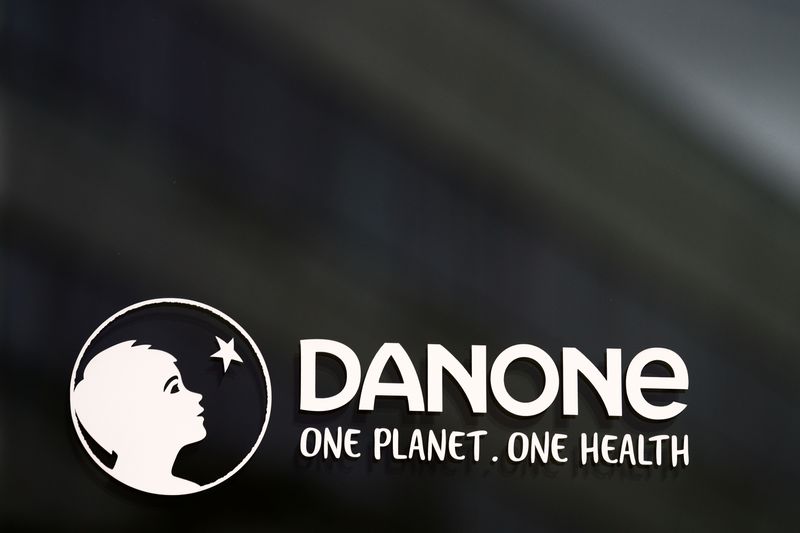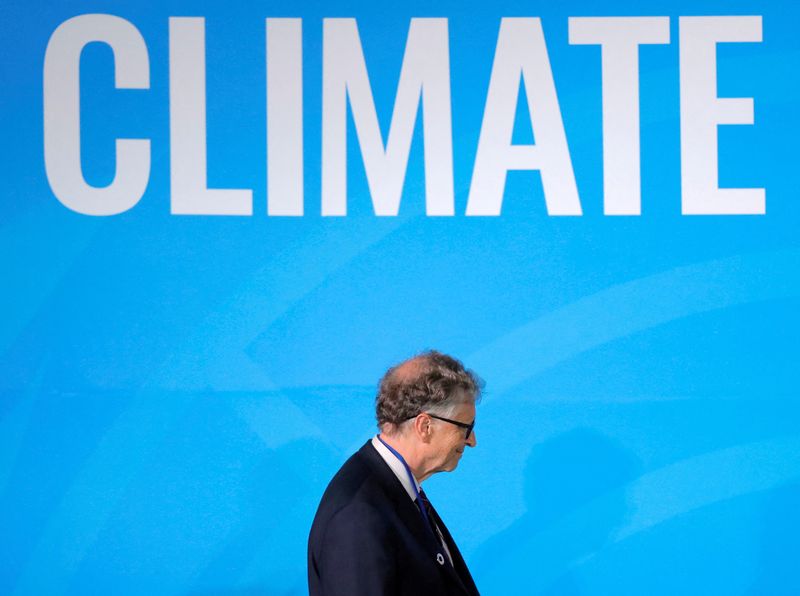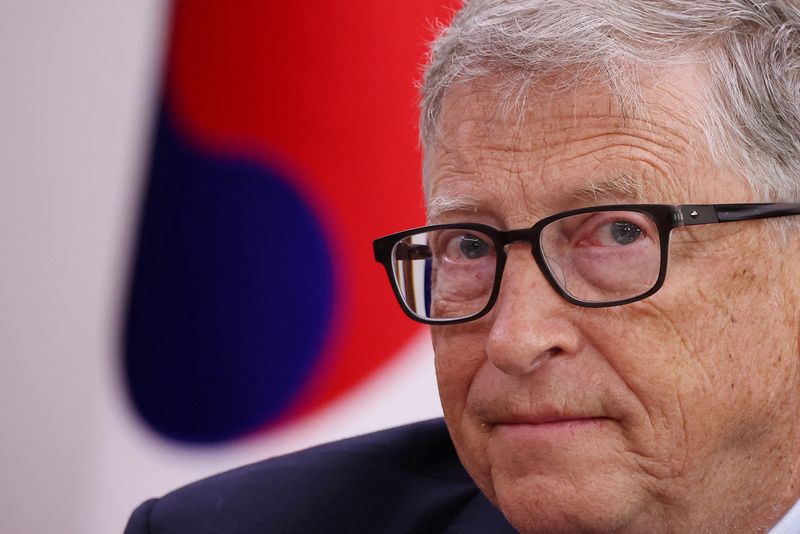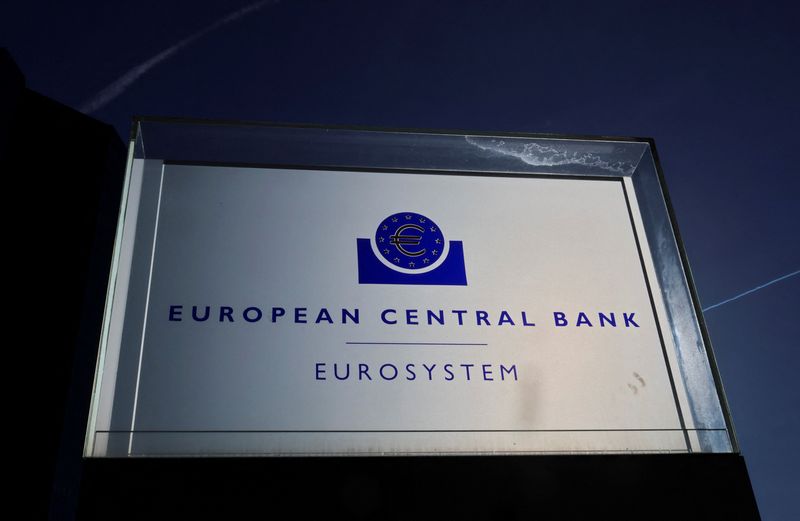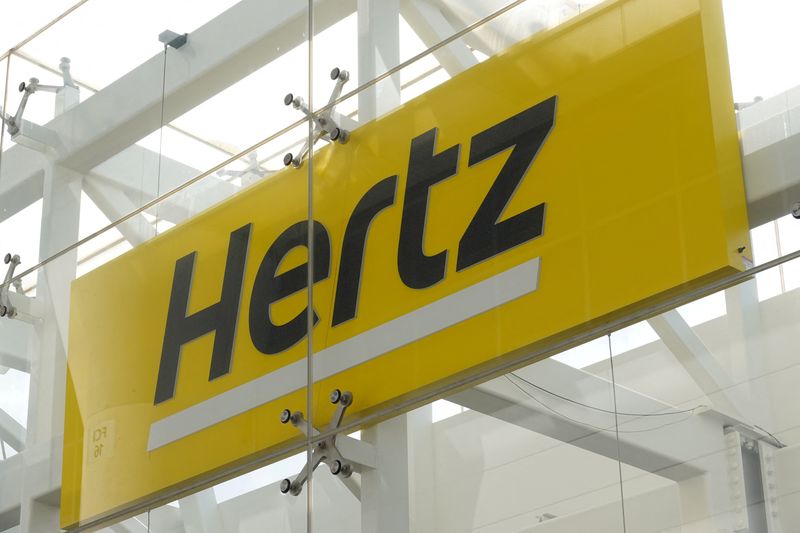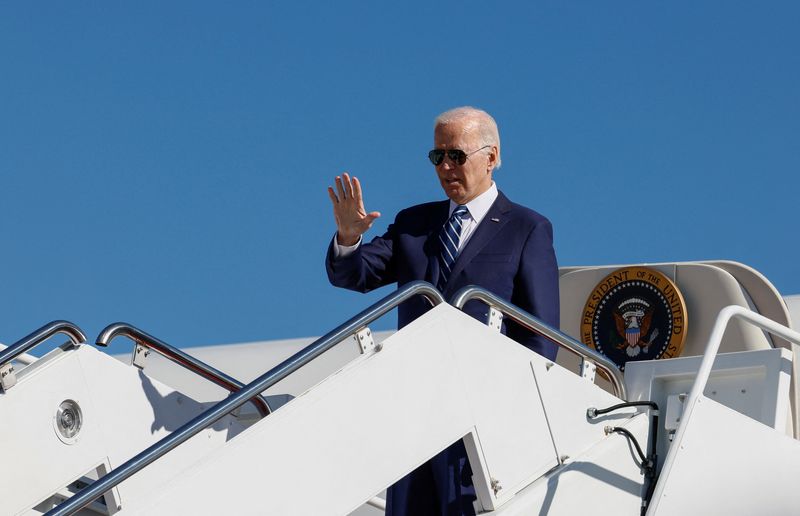By Laura Sanicola
(Reuters) -Oil rose more than $1 a barrel on Thursday, extending the previous day’s rally of nearly 3%, as optimism over record U.S. crude exports and signs that recession fears are abating outweighed concern over slack demand in China.
Data showed record U.S. crude exports, a hopeful sign for demand. [EIA/] Speculation that central banks could be nearing the end of rate-hiking cycles added support, after the European Central bank raised rates by 75 basis points. [MKTS/GLOB]
“Crude prices are rallying after the U.S. economy bounced back last quarter,” said Edward Moya, senior market analyst at OANDA, referring to strong corporate earnings reports in the latest quarter, though he added oil’s gains were capped by the view that an economic slowdown remains.
Brent crude settled up $1.27, or 1.3%, to $96.96 a barrel while U.S. West Texas Intermediate (WTI) crude settled up $1.17, or 1.3%, to $89.08 a barrel.
Worries about Chinese demand limited the rally. Global investors dumped Chinese assets early this week as the economy of the world’s biggest energy consumer was beset by a zero-COVID policy, a property crisis and falling market confidence.
“Concerns that China’s muddled economic policies may continue under President Xi Jinping’s growing power weighed on sentiment,” said Hiroyuki Kikukawa, general manager of research at Nissan Securities.
In early trade, the U.S. dollar touched a one-month low, lending oil support, although the U.S. currency rallied later. A weaker dollar makes oil cheaper for holders of other currencies and usually reflects greater investor appetite for risk. [USD/]
Crude surged early this year after Russia invaded Ukraine, with Brent coming close to its all-time high of $147 in March. More recently, oil has slumped on economic worries.
U.S. and Western officials are finalising plans to impose a cap on Russian oil prices. The World Bank warned that any plan will need active participation of emerging market economies.
(Additional reporting by Alex Lawler in London and Yuka Obayashi in Tokyo; Editing by Mike Harrison, Kirsten Donovan, David Gregorio and Deepa Babington)
